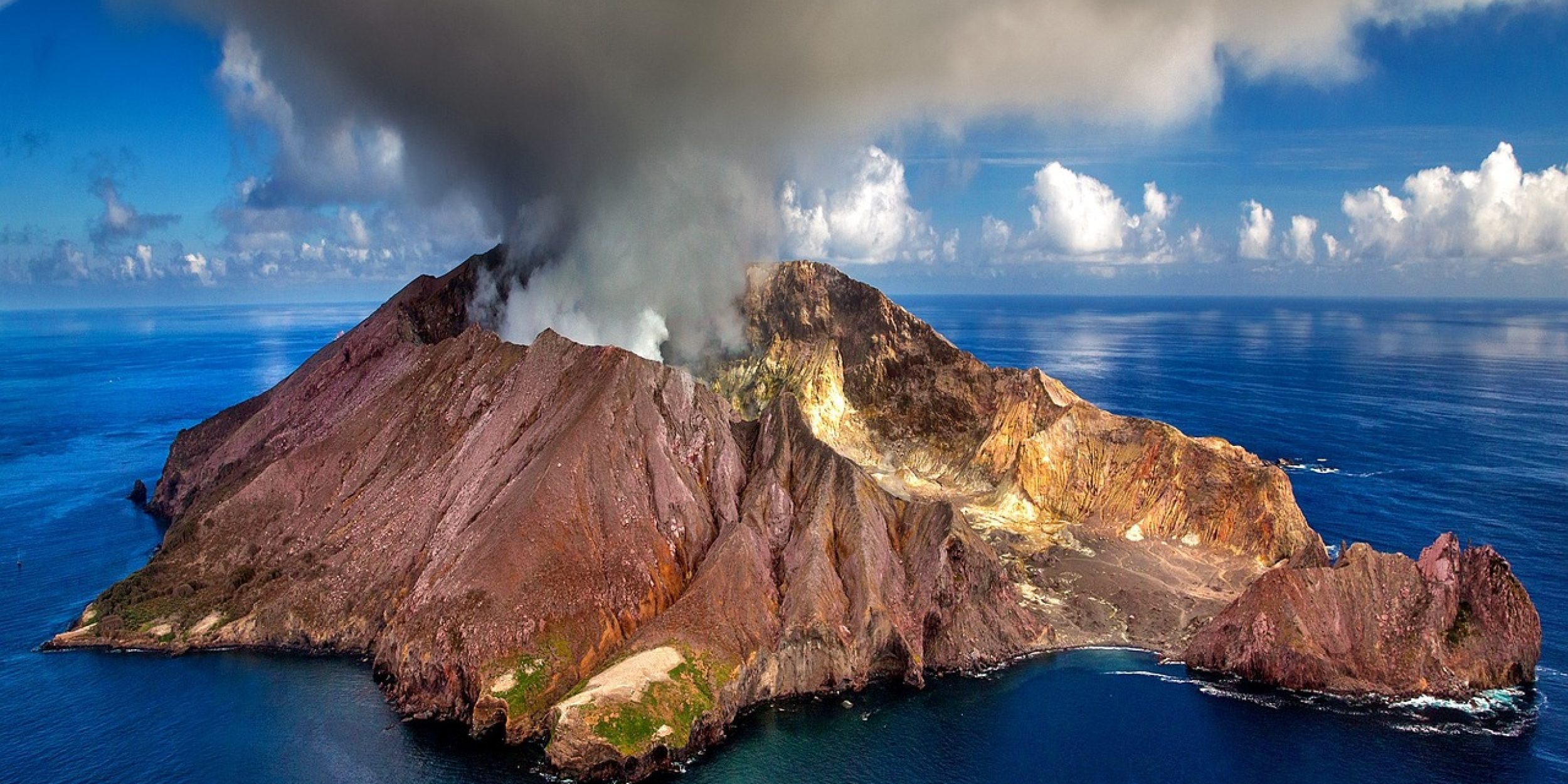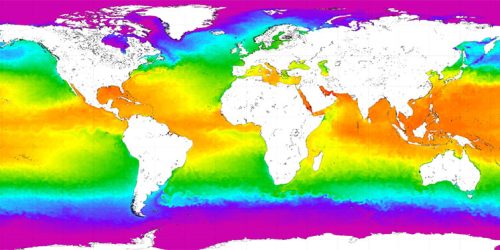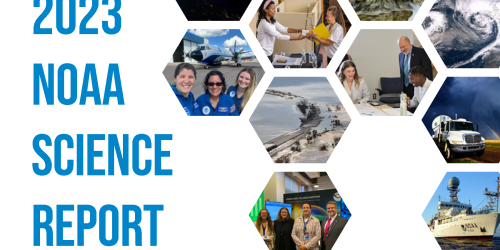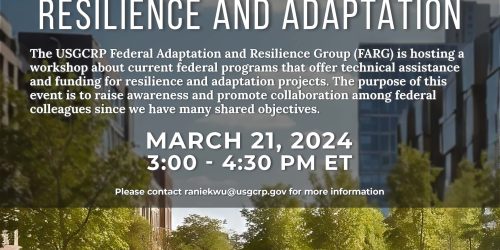Large volcanic eruptions inject sulfur gases into the atmosphere, which have short and long term impacts on the atmosphere, ocean, land, sea ice, and other parts of Earth’s climate. One of the most prominent effects is atmospheric cooling, but this can be hard to isolate from other climate trends like El Niño–Southern Oscillation (ENSO). Humans also have a relatively limited record of true large volcanic events, because any observations taken with instruments only extend back to about 1850. When it comes to future predictions and models, it remains largely unknown how volcanic eruptions interact with other climate variability trends. A new study, partially supported by the Climate Program Office’s Climate Variability & Predictability (CVP) Program, isolates the impact of volcanic eruptions from 1954 to 2015 by using a model of the tropical Pacific region to create climate conditions and then comparing the results to actual observations from those years.
The study specifically focused on evaluating predictions from the annual to decadal time scales. The group of researchers from the National Center for Atmospheric Research, led by postdoctoral fellow Xian Wu with support from CVP-funded scientist Stephen Yeager, made a surprising conclusion that climate predictions were less accurate when they used volcanic eruptions to force model simulations. These results, published in Science Advances, suggest that the observed climate signal from 1954 to 2015 is more strongly linked to ENSO and other trends. The authors give evidence that these internal climate variables are of primary importance compared with volcanic activity, and also stress that improved model representation of volcanic response and its relationship with Earth’s climate systems to better predict tropical Pacific variability. This research adds to a growing body of work funded by CVP to improve our understanding of decadal climate variability and predictability.










